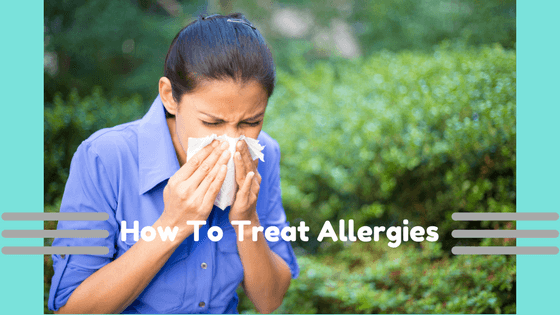
How to treat sinus issues
Definition: Sinusitis is an inflammation of the paranasal sinuses (air-filled cavities inside the bones of the skull). The sinuses are air-filled spaces in the skull. They are located behind the forehead, nasal bones, cheeks, and eyes. Normal functional sinuses contain no bacteria or other germs, mucus drains out and air is able to flow through the sinuses. Anything interfering with the flow of air into and drainage of mucus out of the sinuses can cause sinusitis, that is when the sinus openings become blocked or too much mucus builds up.
Classification of sinusitis –
- Acute sinusitis, can last up to 4 weeks. it is commonly secondary to either allergic rhinitis (hay fever) or viral infection of the nasal passages.
- Sub-acute sinusitis, lasts longer than 4 weeks , but less than 12 weeks
- Chronic sinusitis, can last longer than 12 weeks or more
Subacute and chronic forms are the result of incomplete treatment of an acute sinusitis.
- Non-infectious sinusitis is usually caused by irritants and allergic conditions
- Infectious sinusitis is caused by virus infection and bacterial growth.
Ayurveda Support:
In Ayurveda, acute sinusitis can be correlated to peenasa and chronic sinusitis to Dushta Pratishyaya, which is due to the predominance of Kapha and Vata in the region above clavicle (Jatru urdwa). It is described as Krichya Sadhya – difficult for treatment.
Causes:
- Asatmendriya Artha Samyoga – improper life style causing Kapha and Vata increase for over a period of time, which leads to peenasa, which not treated effectively leads to Dushta pratishyaya
- A deviated nasal septum, nasal bone spur, or nasal polyps may block the opening of the sinuses and lead to sinusitis.
Symptoms:
- Sneezing
- Nasal discharge
- Post Nasal Drip
- Stuffy nose
- Headache and pressure and heaviness in head
- Facial pain with pressure and heaviness
- Watery eyes
- Loss of sense of smell
- Cough/congestion
- Fever
- Bad breath
- Fatigue
- Dental pain
Ayurveda Support:
- Correcting Agni
- Balancing Kapha Vata in the region of head
- Strengthening the immune system
Treatment
The treatment modalities include panchakarma, external therapies, internal medications, Advice of food and life style changes.
Panchakarma – Vamana, Nasyam
Externally – Abhyanga, Shirodhara, lepas
Internally
Preparations of Indian Goose berry (Emblica officinalis), Turmeric (Curcuma longa) are considered the best
Activities:
Specific Asanas, Pranayama, Jala Nethi
Food and lifestyle changes: specific to the individual’s constitution, nature of work and geographical conditions.
Appropriate and complete treatments should be done when there are repeated episodes of rhinitis.